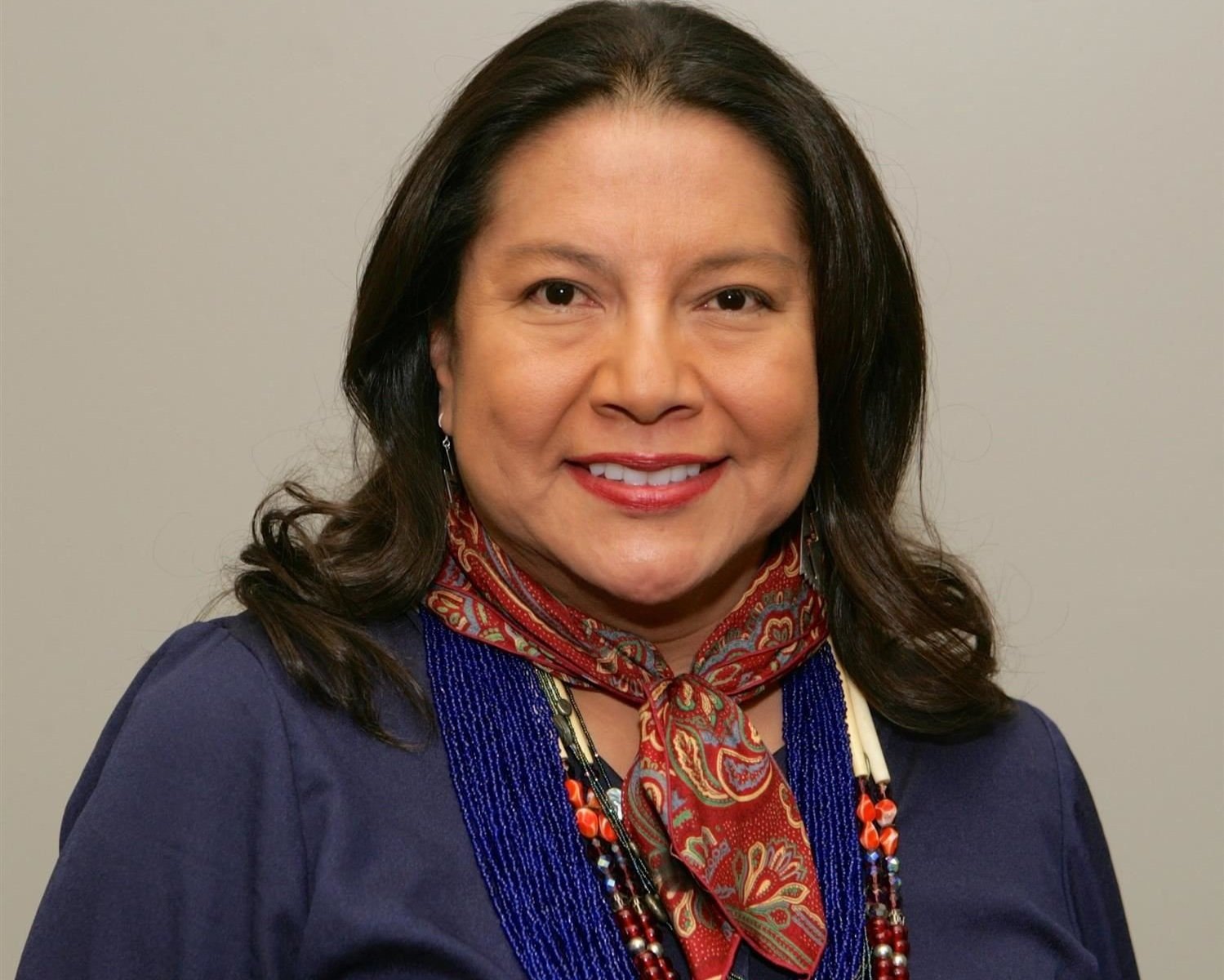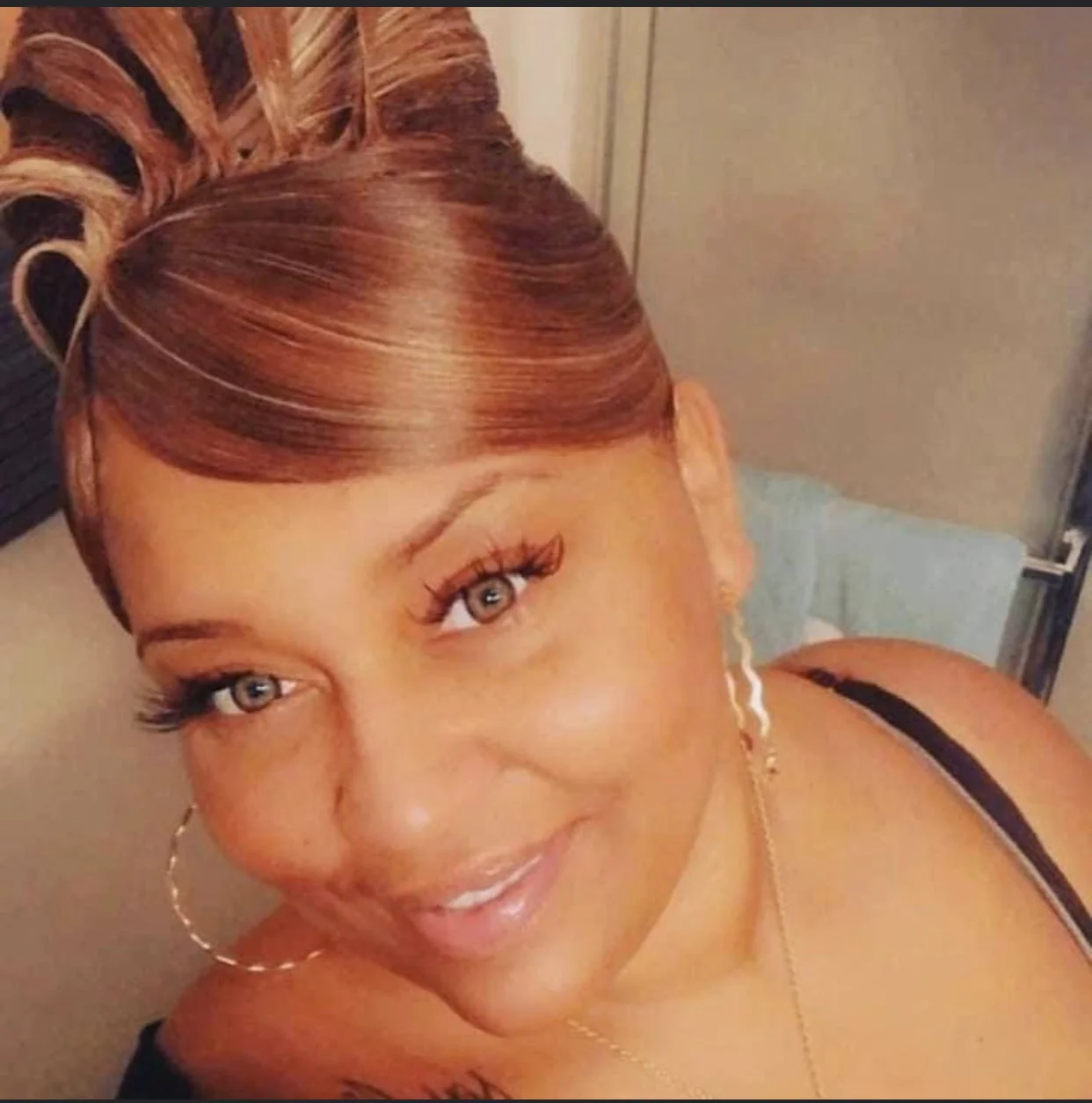Carole Cadue Blackwood | YWCA Women of Excellence Honoree
What inspires you to get up and do the work?
My grandmother taught me that life is one big puzzle. We would stay up all night fixing jigsaw puzzles. I have always enjoyed knowing how and why things work. Once I learn how something or a system works or doesn't work, I can use it more effectively. There is also always a pleasure in seeing things that are thoughtfully well made. And learning from them and applying it your own situations or improving the community. It has always been a dream of mine to help others. Working at The Kansas City Indian Center has been a dream come true for me when I was hired on as a Case Manager.
What have you learned about yourself through the challenges you have overcome?
I have learned to face each obstacle with an opportunity to learn and improve myself. I have made a conscious effort to identify where I made a mistake and make a course correction to prevent the problem from recurring in the future. Everyone has tremendous strength that we never realize or acknowledge unless we are forced by some sudden situation which requires action or inaction. I have learned to not give up, face hardships, and become a better listener. I believe that the ability to see a situation from another’s point of view and to shift perspective is one of our most important abilities as human beings and one which can help us solve conditions or situations.
How do you take care of yourself?
The pandemic taught me the value and importance of a good night's sleep, setting boundaries, and the importance of nurting my soul. I continualy work on creating a nightly routine, avoiding caffeine, and reducing stress by either doing light reading, working a jigsaw puzzle, or doing some beadwork.
What is the best advice you've ever been given? Or what advice do you have for others?
Don’t be ashamed of failures, mistakes, or struggles. Ask for help. A reluctance to talk to others or get support can make your hardship that much more difficult to overcome. I tell my client to reflect without judgment, not ruminate, and move forward. Instead of beating yourself up over it, figure out what you can do differently in the future, and keep moving forward.
What is your vision for our community? Has it changed through the pandemic and racial justice reckoning of recent years?
The COVID-19 pandemic has shined a light on the long-standing racial and social inequities. Our educational systems need more support. People who have been historically marginalized, such as people from racial and ethnic minority groups, people with disabilities, and people with lower incomes, are disproportionately affected by inequities in access to high-quality education, health care, and behavioral health services. This results in lower-quality education for residents of lower income neighborhoods, which can lead to lower literacy and numeracy levels, lower high school completion rates, and barriers to college entrance. In addition to educational barriers, limited access to quality job training or programs tailored to the language needs of some racial and ethnic minority groups may limit future job options and lead to lower paying or less stable jobs. All of these combined point back to the root of the problem is the need to provide high quality education and provide mental health supports and services in our schools.
The mission of YWCA is to eliminate racism, empower women and promote peace, justice, freedom and dignity for all. What does YWCA's mission mean to you?
People from some racial and ethnic minority groups and other historically marginalized groups also face greater challenges in getting higher paying jobs with good benefits due to less access to high-quality education, geographic location, language differences, discrimination, and transportation barriers. By addressing these disparities we as a society can work together to create partnerships and implement efforts to expand and change the policies that have resulted in the generational injustices that give rise to ethnic health disparities.




